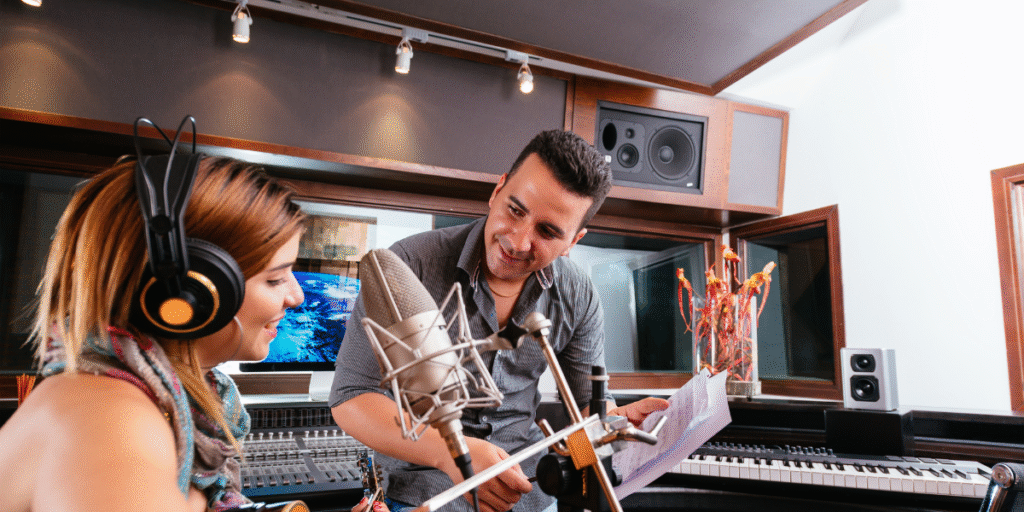Performance-Based Singing Schools in Toronto You Should Know About
If you’re passionate about music and dreaming of taking your vocal skills to the next level, performance-based singing schools in Toronto offer some of the best opportunities to grow, learn, and shine. Toronto’s vibrant arts scene has helped create a community of vocal academies that don’t just teach technique they focus on real-world performance experience, stage confidence, creativity, and artistic expression. Whether you’re a beginner or an advanced vocalist, the right school can help unlock your talent and prepare you for the spotlight.
In this guide, we highlight what makes performance-focused programs unique and introduce some of the best singing schools in Toronto that aspiring vocalists should know about.

Why Choose a Performance-Based Singing School?
Many aspiring singers can learn basic vocal techniques through traditional lessons, but performance-based programs add an essential layer of real-world training. These programs provide:
1. Stage Confidence
Singing on stage can feel drastically different from singing in a studio. Performance-oriented schools help students overcome stage fright, improve stage presence, and build natural confidence through frequent showcases, open mics, and recitals.
2. Practical Learning
Rather than relying solely on theory, performance-based schools emphasize hands-on learning. Students experience live audiences, work with musicians, and learn how to adapt under real stage conditions.
3. Development of Artistic Identity
Performing consistently helps singers discover their unique style, tone, and personality. Students explore genres, experiment creatively, and shape their personal brand as performers.
4. Professional Exposure
Many performance-driven singing schools in Toronto host public events, collaborate with local venues, and offer opportunities for students to be discovered by industry professionals.
Top Performance-Based Singing Schools in Toronto
Below are some standout singing schools known for their performance-centered approach, supportive learning environments, and structured programs that help students grow both technically and artistically.
1. Elite Music Academy
Elite Music Academy offers one of Toronto’s most dynamic performance-based vocal programs. What sets them apart is their emphasis on real performance experiences. Students participate in open mic nights, live band performances, and special events that simulate the experience of being a professional vocalist. Their singing lessons focus on vocal technique, breathing, tone, pitch accuracy, and emotional expression while also preparing singers to deliver confident stage performances. It’s a great fit for students who want structured training combined with consistent performance opportunities.
2. Singer’s Edge
Singer’s Edge is known for its modern, engaging, and comprehensive vocal curriculum. Their performance training includes weekly opportunities for students to sing in front of peers or instructors, making gradual exposure part of the learning process. They offer supportive coaching, goal-oriented lesson plans, and individualized programs suited to beginners and advanced singers alike. Students can also participate in showcases and special industry events throughout the year.
3. Toronto Academy of Vocal Arts
This academy focuses heavily on classical and contemporary vocal technique, while still integrating performance into its programs. Students receive advanced technical training that helps strengthen their voice, expand their range, and improve tone control. The school regularly organizes recitals, concerts, and exclusive performance events. With personalized coaching, it’s ideal for students preparing for auditions, competitions, and higher-level music studies.
4. Yamaha Music School Toronto
Known for its structured and internationally recognized curriculum, Yamaha offers vocal programs that incorporate performance elements as part of its pedagogy. Students begin with foundational vocal skills and gradually progress to performance-based classes where they sing on stage as part of group ensembles or solo sessions. The school’s long-standing reputation makes it popular among families and young singers who want consistency, discipline, and professional-level training.
5. Toronto School for the Arts
With programs covering everything from vocal technique to dramatic performance, this school is perfect for multi-talented students. Their singing curriculum integrates acting, movement, and emotional expression skills essential for performers who want to command a stage. Students participate in frequent arts showcases and cross-disciplinary performances that help them develop versatility and confidence.
What to Look for in a Performance-Based Vocal Program
Choosing the right school depends on your goals, age, learning style, and preferred genre. Here are some factors to consider:
1. Performance Frequency
Look for schools offering monthly or quarterly showcases, recitals, or open mics. More performance opportunities mean faster development and stronger stage presence.
2. Experienced Instructors
The best singing schools in Toronto employ coaches with professional performance backgrounds musicians, recording artists, vocal technicians, or educators with industry knowledge.
3. Genre Flexibility
Whether you enjoy pop, R&B, classical, musical theatre, or country, ensure the school supports your preferred genre and helps nurture your artistic direction.
4. Community & Environment
A positive, supportive environment is crucial. Students should feel encouraged to make mistakes, take risks, and step outside their comfort zone.
5. Opportunities Beyond Lessons
Consider schools that offer band programs, songwriting workshops, studio recording, and performance collaborations these experiences prepare students for real music careers.
Conclusion
Performance-based singing schools in Toronto play a vital role in shaping confident, expressive, and skilled vocalists. These programs don’t just train your voice they train your artistry. By combining technical lessons with real-world stage experience, singers become well-rounded performers ready to connect with audiences.
Whether your goal is to perform professionally, pursue music education, or simply explore your passion, choosing the right performance-focused program can open the door to incredible growth.
If you’re ready to elevate your voice and gain stage experience, exploring performance-based vocal schools is the perfect place to start. Toronto’s music community is rich with opportunities find the one that inspires you, and let your singing lesson journey begin.


